All The Gold Certified Reggae And Dancehall Albums
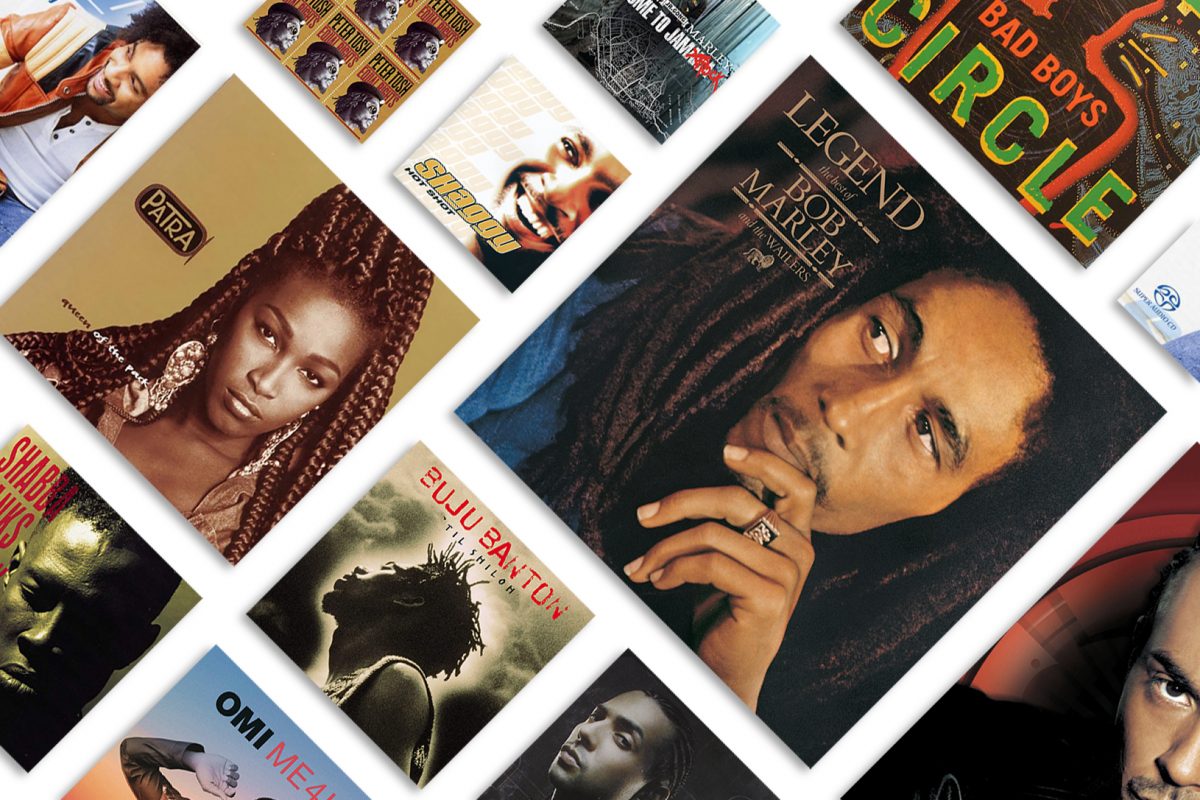
Jamaican athletes aren’t the only ones who’ve continuously scored Gold in this era. In the storied history of Jamaican culture, many of its musical acts have also struck gold — RIAA Gold to be precise. From Reggae visionaries to Dancehall alchemists, Jamaican artists have proved adept at advancing the genre with contagious sounds and memorable compilations. Despite Reggae/Dancehall’s single-digit market share, the genre speaks volumes globally and to almost every occasion: revelry, romance, and revolution.
In spite of Jamaica’s small size, the island has long been revered as a talent mill and artistic mecca. The Reggae/Dancehall albums that have been certified Gold over the years reflect the genre’s overall inventiveness, from its conscious ethos to the commanding flows. From Mr. Boombastic to the Marley bloodline, here’s our round-up of the albums that have earned the coveted benchmark of success by selling at least 500,000 copies in the United States.
Bob Marley’s Pre-1981 Albums
The reigning King of Reggae Bob Marley has over ten albums that are certified Gold or higher.
Bob Marley & The Wailers – Burnin’ (1973): Before his trademark locks or legendary status, Marley was of ⅓ of the reggae band The Wailers, whose sixth album, Burnin’ was released to wide acclaim. Certified both Gold and Silver, Burnin’ successfully launched the trio to US audiences, but would ultimately be their last before embarking on solo careers.
Bob Marley & The Wailers – Live! (1975): One of only two live albums in Marley’s catalog, the album’s seven songs were recorded during his 1975 Lyceum Theatre concert. Marley performed resonant renditions of Trenchtown Rock, No Woman, No Cry and others to a packed house, which translated to the “irresistible majesty of the album” according to critics.
Bob Marley & The Wailers – Rastaman Vibration (1976): Rastaman Vibration was Bob Marley and The Wailers’ only album to crack the Billboard 200 and featured their most successful American single Roots, Rock, Reggae, which peaked at number 51.
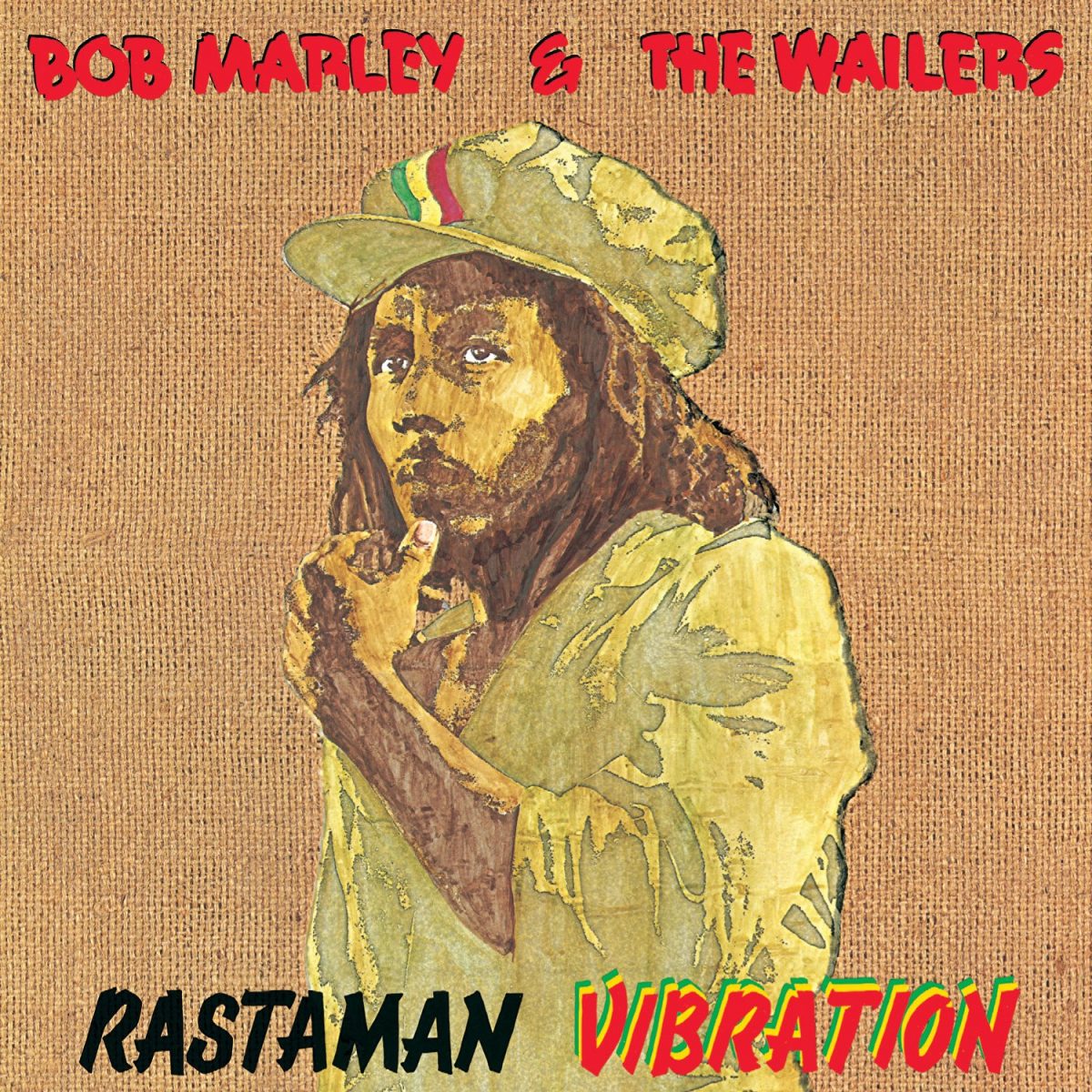
Bob Marley & The Wailers – Exodus (1977): Exodus, made Marley a megastar, after a failed assassination attempt and self-imposed British exile. Exodus includes the seminal title track plus Jamming, One Love and more.
Bob Marley & The Wailers – Kaya (1978): Far less militant than its predecessors, Kaya was Marley’s Gold-selling suite of reflective takes and rhythmic jaunts including Time Will Tell, Sun is Shining and Misty Morning.
Bob Marley & The Wailers – Uprising (1980): Kaya’s somber sounds set the tone for Uprising, Marley’s deeply religious 12th and final release before cancer claimed his life in 1981. Forever Loving Jah and Redemption Song are among its anthems.
Bob Marley’s Posthumous Albums
Bob Marley’s music assumed even greater importance after his passing, and posthumous releases from his vast recordings have made him a mainstay on global charts.
Bob Marley & The Wailers – Confrontation (1983): Compiled by Chris Blackwell, the I-Threes and the Wailers from unreleased demos, Marley’s first posthumous project and 13th album Confrontation was released two years after his death.
Bob Marley & The Wailers – Legend (1984): Marley’s multi-platinum compilation, Legend, followed in 1984. It’s the best-selling reggae album of all time, and has spent 13 of its 37 years (695 weeks) on the Billboard 200 and over 80 weeks at No. 1 on the Billboard Reggae Albums chart.
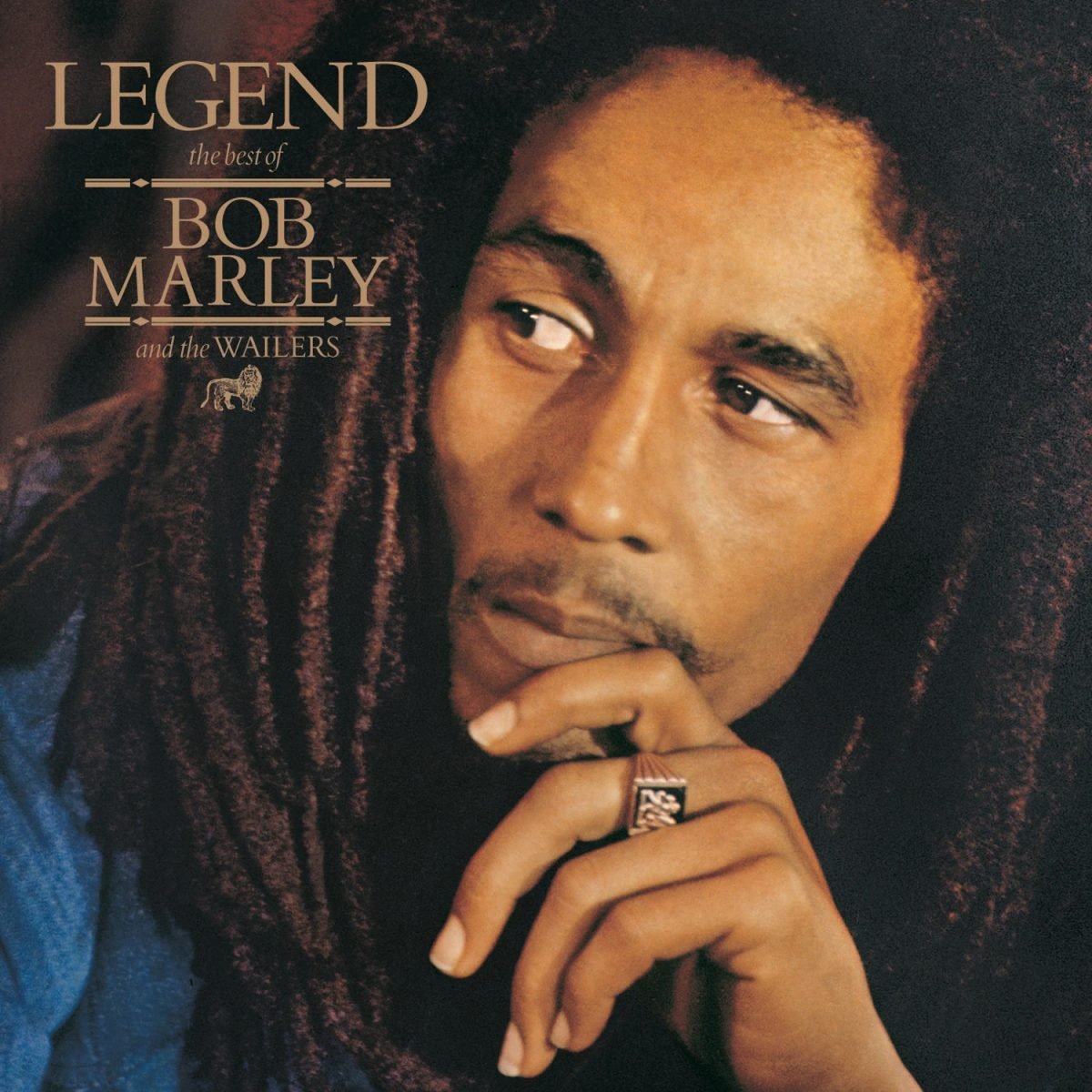
Bob Marley & The Wailers – Songs Of Freedom (1992): With such a massive legacy, the Marley canon naturally includes memorabilia and coveted collector’s items. Songs Of Freedom is one of only four box sets ever released and includes live takes, studio remixes, track information and much more. The four disc set spans 18 years, from Marley’s 1962 debut, Judge Not, through to his final performance of “Redemption Song” at his last concert in 1980.
Bob Marley & The Wailers – Natural Mystic (1995): Natural Mystic, the Legend Lives On was offered up by Island Records as essentially Legend 2.0. While critics lamented the lack of Wailers recordings and absence of many highlights from Marley’s heyday, the suite delivered a dub-heavy new track: Iron Lion Zion.
Bob Marley & The Wailers – Chant Down Babylon (1999): The Marley canon wouldn’t be complete without contributions from his capable offspring who’d come of age by the turn of the millenium. With Stephen Marley as producer, 1999’s Chant Down Babylon matched reggae’s reigning King with hip-hop/rock fusions including the updated serenade Turn Your Lights Down Low featuring Lauryn Hill.
Damian Marley – Welcome To Jamrock (2005)
Led by its controversial title track, Welcome To Jamrock was released in September 2005 to both critical acclaim and protest. The sophisticated suite was certified Gold six months later and Gong’s youngest son went on to win two Grammy Awards in 2006, Best Reggae Album and Best Urban/Alternative Performance.
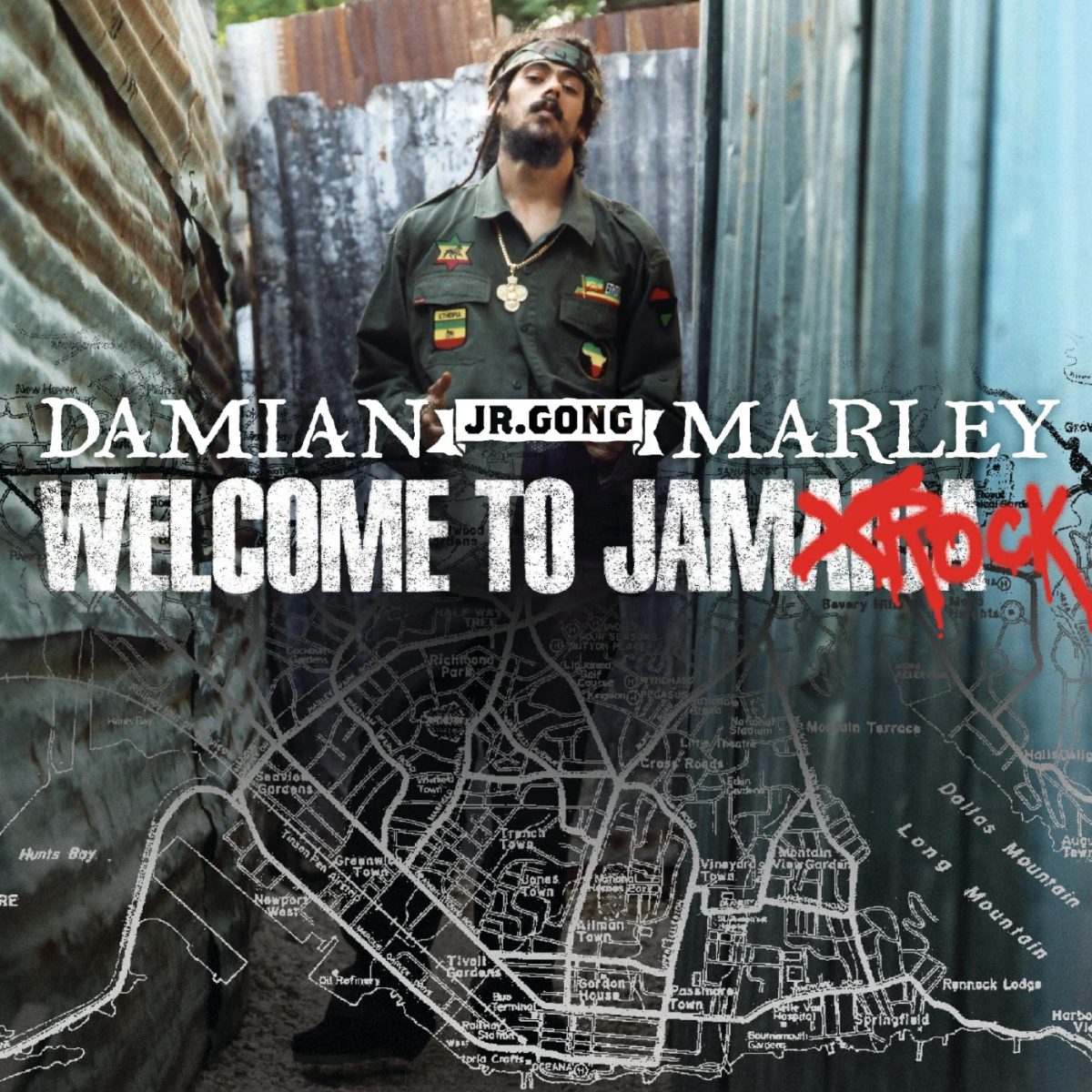
Ziggy Marley & Melody Makers – One Bright Day (1990)
The group comprising four of Bob Marley’s children made magic with their fourth studio album One Bright Day, repeating the previous year’s feat by winning the Grammy Award for Best Reggae Album in 1990. Memorable cuts from this sublime classic include Justice and the powerful Black My Story (Not History).
Ziggy Marley & Melody Makers – Conscious Party (1988)
Ziggy Marley and the Melody Makers’ breakthrough came with their third album, the dubby yet digitized Conscious Party. Released in 1988, the album which includes the hits Tumblin’ Down and Tomorrow People saw them narrowing down their eclectic sound, and winning the Grammy Award for Best Reggae Album in 1989.
Patra – Queen Of The Pack (1993)
The lone female deejay in the bunch is 90’s siren Patra, whose debut Queen Of The Pack, dropped in 1993. The suite spawned a raunchy single of the same name, as well as popular cuts Worker Man and Romantic Call. Patra’s Shabba feature Family Affair is also certified RIAA Gold.
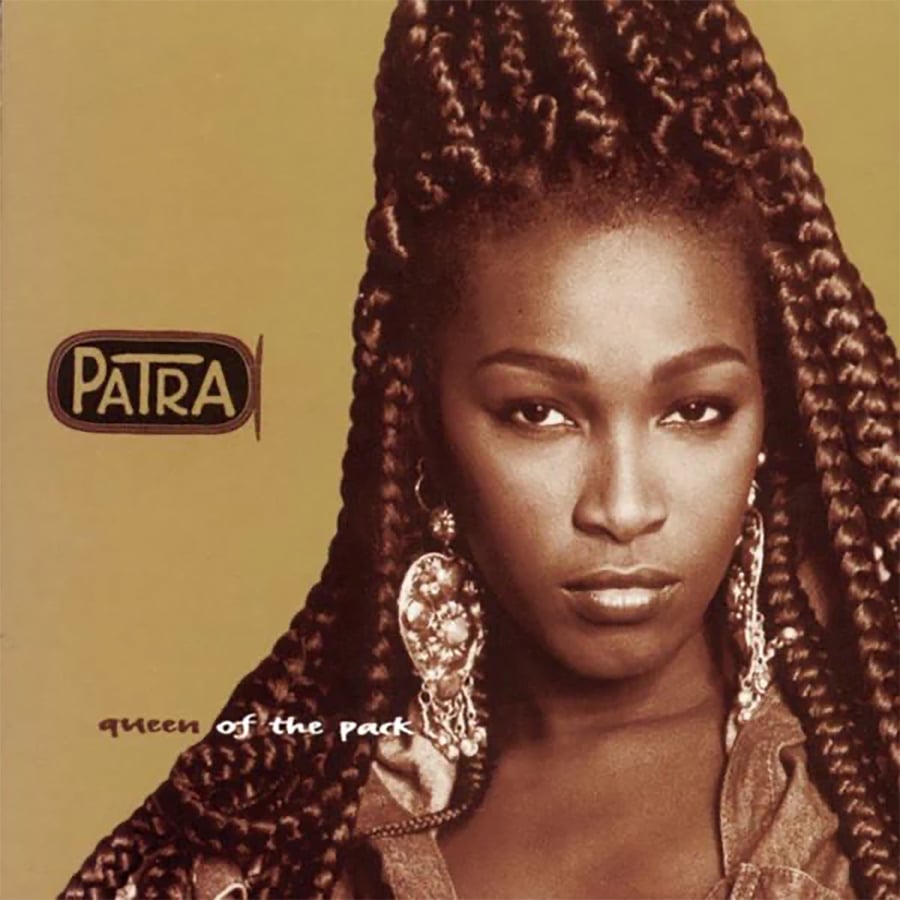
Inner Circle – Bad Boys (1993)
Inner Circle became known as The Bad Boys of Reggae after their similarly titled hit cemented their pop culture status. The Bad Boys LP saw international success even before it spawned the theme song of American docu-series Cops and the band won the 1993 Grammy Award for Best Reggae Album.
Shaggy – Hot Shot (2000)
Shaggy’s millennium opus was released in August of 2000, featuring the ubiquitous hit, It Wasn’t Me. The 6x Platinum album has since sold ten million copies worldwide. Hot Shot was the second-highest charting album of 2001 on the Billboard Year-End charts and also the best-selling album of 2001 in Canada.
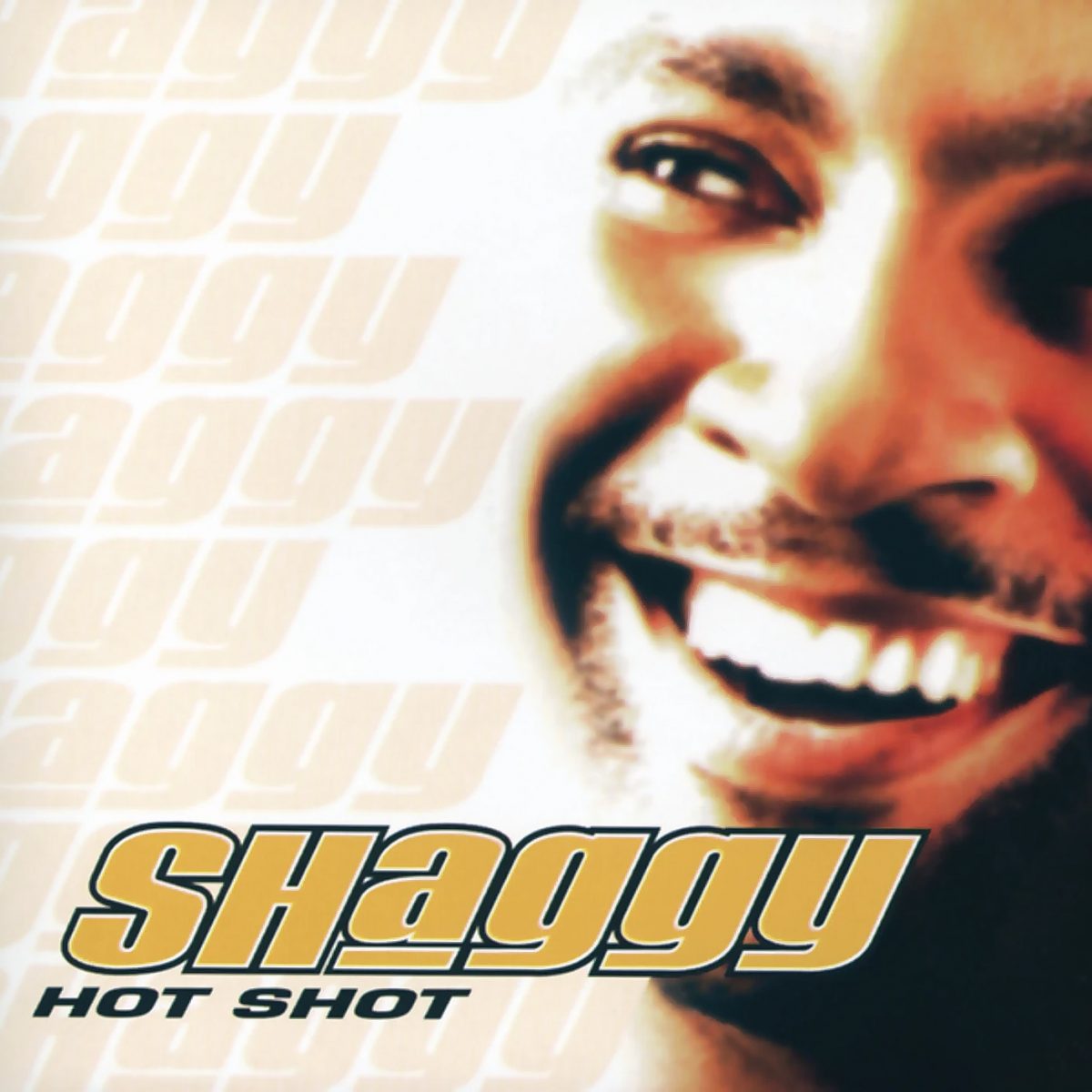
Shaggy – Lucky Day (2002)
Following the commercial and critical success of Hot Shot, Shaggy dropped Lucky Day, his sixth studio album on October 29, 2002. The album peaked at number 24 on the Billboard 200, and produced three singles: Get My Party On, Hey Sexy Lady, and the sparkling ode, Strength of a Woman.
Shaggy – Boombastic (1996)
Shaggy declared himself the ultimate lover in his rumbling baritone on the album’s title track. The nickname stuck, and thus began dancehall’s breakthrough to the American audience and charts. The album went Gold in the UK, Platinum in the US and won the 1996 Grammy Award for Best Reggae Album.
Sean Paul – Dutty Rock (2003)
Produced by the likes of Mark Ronson and The Neptunes, the stars aligned for Sean Paul on Dutty Rock officially making him a crossover sensation. The Kingston native beamed mainstream dancehall riddims (Get Busy, Like Glue) to eager masses worldwide and won the 2003 Grammy Award for Best Reggae Album.
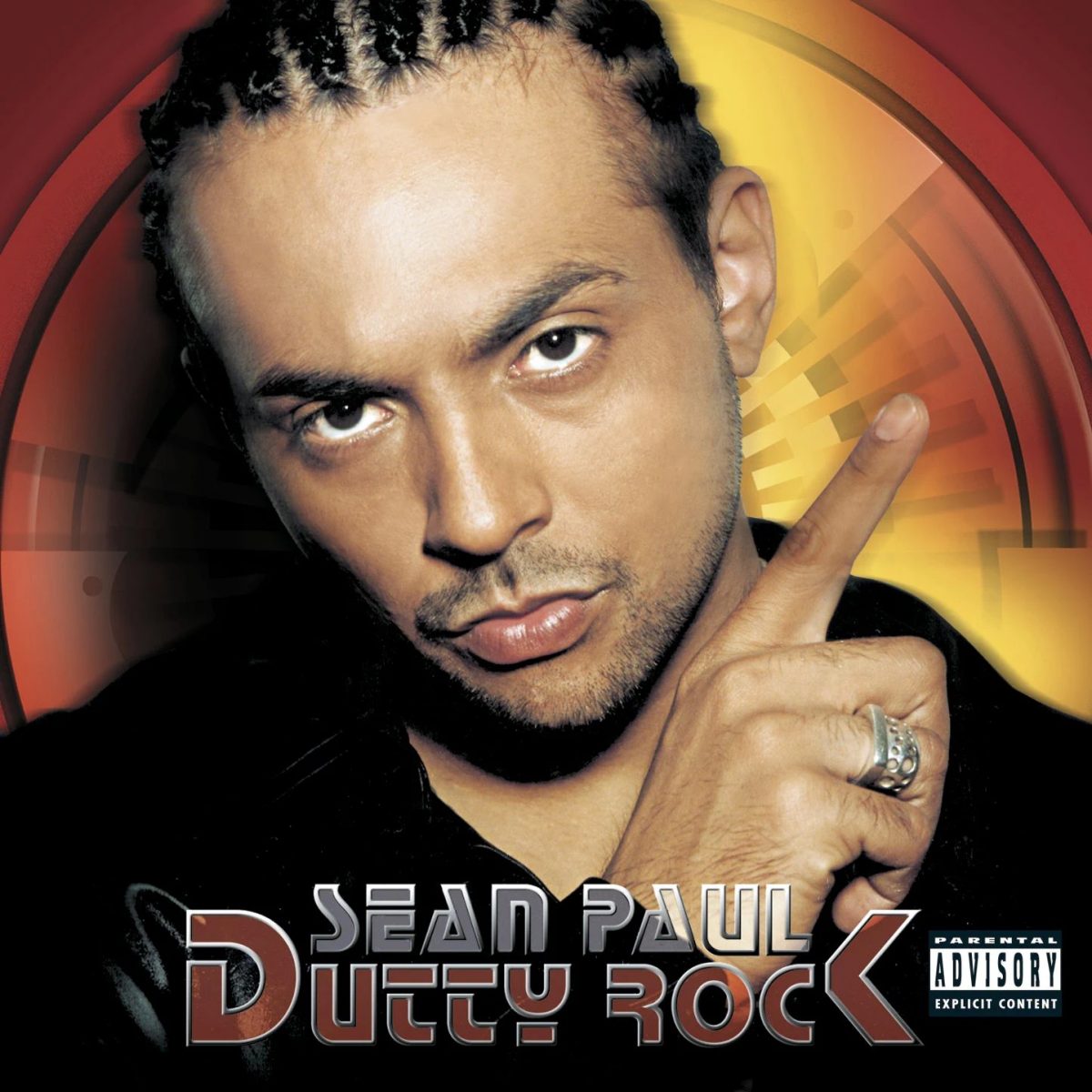
Sean Paul – The Trinity (2005)
Sean Paul’s superb third album, The Trinity was released in 2005 and referenced his trademark trio of influences: dancehall, hip hop and reggae. Viral tracks like Temperature helped propel the suite to platinum status, and it was later followed by a deluxe edition including features with Rihanna and Carlos Santana.
Buju Banton – Til Shiloh (1995)
Released in 1995, Gargamel’s fourth studio album signified his transition from rude-bwoy to rootsman. The LP features the diverse genre classics Champion, Untold Stories, Murderer and more. The album was certified RIAA Gold in 2020, 25 years after its release and one year after Banton’s homecoming from US federal prison.
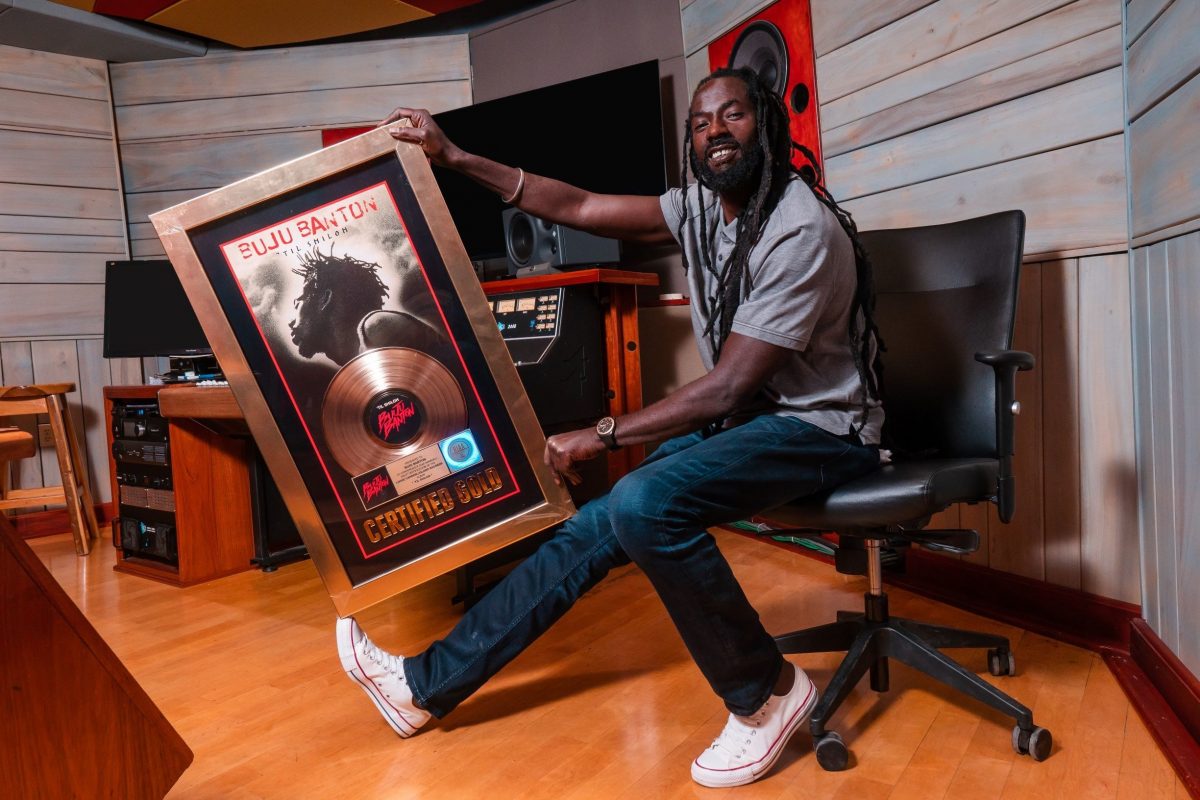
Shabba Ranks – X-Tra Naked (1992)
From its opener Ting-A-Ling to the final track Mr. Loverman and everything in between, Shabba’s 1992 LP X-Tra Naked was a riotous affair at the time of its release. It debuted in dancehall’s heyday during its infamous season of ‘slackness’, and won the 1993 Grammy Award for Best Reggae Album.
Shabba Ranks – As Raw As Ever (1991)
With tracks such as Housecall and Trailer Load, this 1991 collage contained some of the genre’s best-loved classics and the keys to Shabba’s international success. Steely and Clevie, one of dancehall’s dynamic production duos, served as exclusive engineers and the album won the 1993 Grammy Award for Best Reggae Album.
Peter Tosh – Equal Rights (1977)
Tosh’s second solo suite is one of the most fiery rallying cries ever recorded. 1977’s Equal Rights plays like a snapshot of world history, condemning apartheid, hegemony and other oppressive forces of the day. The album marked Tosh as a militant musician, educator and revolutionary transcending his third world origins.
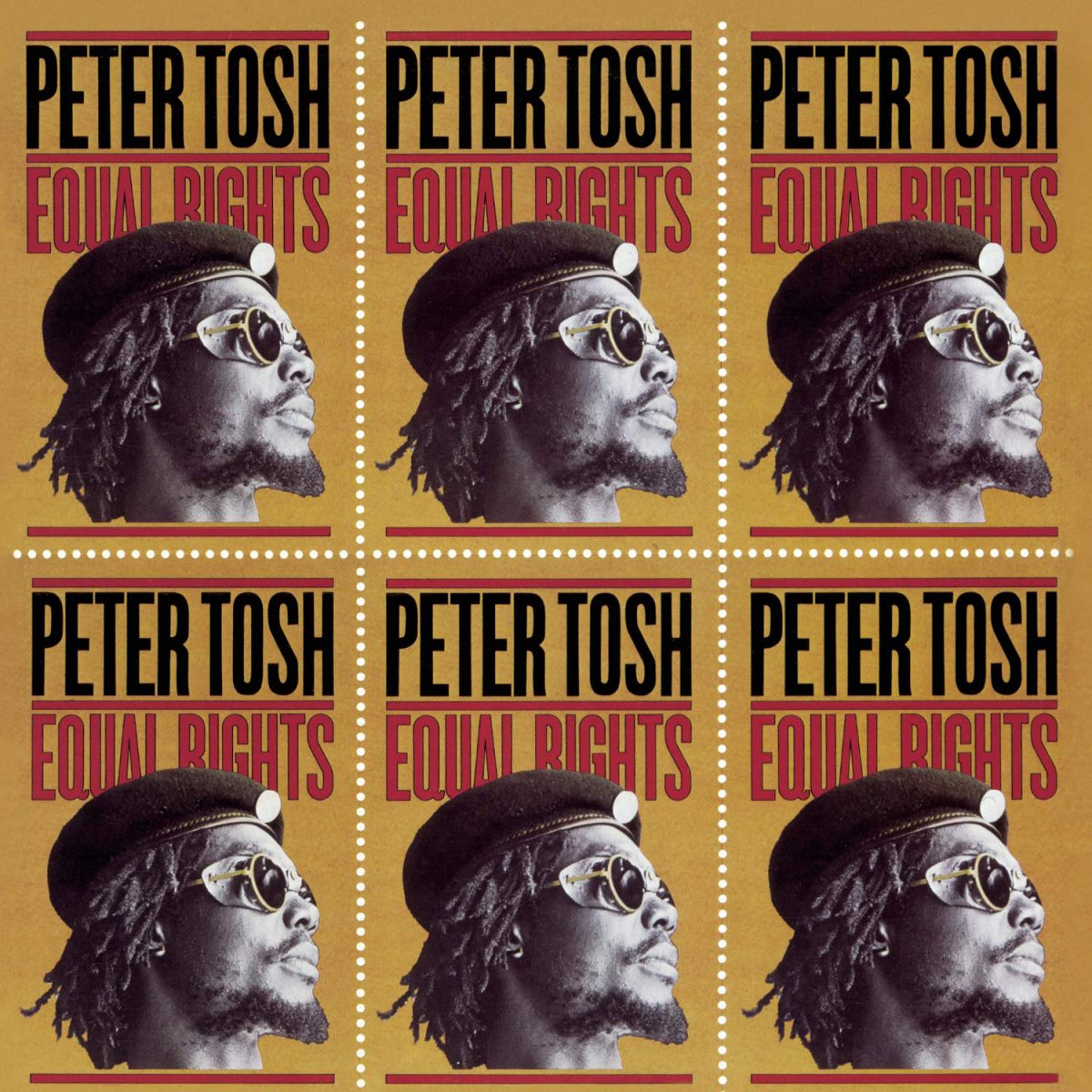
Peter Tosh – Legalize It (1976)
The former Wailer turned Stepping Razor used his landmark debut and its title track as a worldwide weed campaign. The impassioned herbalist turned the body of work into a pointed protest, from the cover art to the nine songs spelling out his own plight, including jail time for ganja possession.
OMI – Me 4 U (2015)
Omar Pasley, aka OMI is Jamaica’s most recent musical Midas. His earworm Cheerleader ruled the charts in 2015, and the breakout hit got a global boost with the horn-drenched Felix Jaehn remix. The momentum greatly bolstered album sales for Me 4 U, which also featured the dazzling single Hula Hoop.
UB-40 – Promises and Lies (1993)
Buoyed by their uptempo remake of Elvis Presley’s Can’t Help Falling in Love, British reggae band UB40 landed on multi-platinum turf with their tenth studio album. Promises and Lies is the band’s best-selling album with over 10 million copies sold and also features the tracks Reggae Music and Sorry.
UB-40 – Labour Of Love (1983)
The first of UB40’s trio of cover albums, Labour of Love is the band’s fourth studio effort. Released in 1983, it includes the classics Red Red Wine, Many Rivers to Cross and Cherry Oh Baby. Rolling Stone ranked it at number 98 on The 100 Greatest Albums of the ’80s.
UB-40 – Labour Of Love II (1989)
UB40 entered the 90’s with the second installation of their wildly successful covers compilations. Their 1989 follow up contained two Billboard Hot 100 Top 10 hits: Here I Am (Come and Take Me) which peaked at #7, and The Way You Do the Things You Do which peaked at #6.
Maxi Priest – Bonafide (1990)
Bonafide is British reggae singer Maxi Priest’s 4th album. Released in 1990, it was produced by several elite reggae/dancehall engineers including Donovan Germain and Gussie Clarke. Bonafide featured the Gold selling hit Close To You, and columnist/podcaster Robert Tanzilo dubbed it “smooth, seductive, stylistic and very, very addictive.”
Diana King – Tougher Than Love (1995)
Tougher Than Love is Jamaican/American vocalist Diana King’s 1995 debut. The album peaked at #1 on Billboard’s Top Reggae Albums chart and features the banger Shy Guy plus Love Triangle and the Chaka Khan cover, Ain’t Nobody. Favorable reviews called the suite an “ample showcase of King’s impressive talent”.
